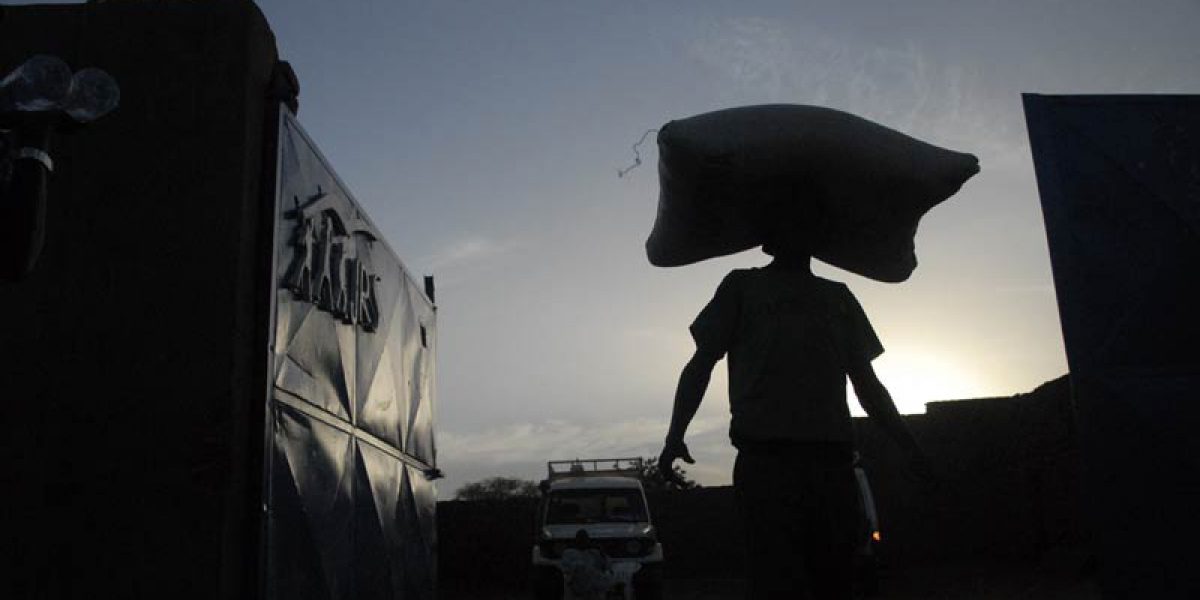Chad: Early Education Provides a Head Start
08 June 2011| Alix Nijimbere, Jesuit Refugee Service West Africa

Promoting access to preschool for internally displaced children was the goal when Jesuit Refugee Service started an education project here in eastern Chad in September 2008. JRS manages the preschool project at six sites in this arid region, which directly benefits more than 1700 children who attend the schools. Partnering with the CAIXA Foundation of Spain, the JRS project enables vulnerable children to receive an education they would not otherwise have been able to.
“I remember when there were no preschool here, those little children were obliged to stay home with their parents or to follow their older brothers and sisters to the primary school, where there was nothing for the younger children to do. In some way, they were abandoned,” said Cherif, project assistant.
Since the beginning of preschool, children and adults involved in education are all unanimous in saying that the advent of the school has greatly improved the training and quality of primary education. This project has had a significant impact on the phenomenon of “free listeners,” which meant that we had never exact numbers of actual students in primary schools. “Free listeners” is the term for preschool age children who often accompanied their older brothers and sisters to primary or secondary school. These youngsters would be in classes far above their level, and from an education standpoint they gained very little.
JRS noted that when the pre-school program began, and children were able to get an early start on their education, it was much easier for them to learn and to more fully develop their capacity. Parents and teachers rejoiced at the positive impact on child development. Children enrolled in the pre-school program are in a better position to continue learning later than those who have not been attending pre-school.
Food security and malnutrition have long been an issue in this region of Chad. JRS made the decision to help families of pre-school students with food delivery to ensure that the most vulnerable youth and families were not at risk of malnutrition. Additionally, JRS involved the families in the program by engaging them in both school activities and distribution of food. The food is acquired by JRS in the local community, which has the additional benefit of helping to sustain the local economy. The pre-school program provides educational and nutritional benefits to the displaced students, helping to ensure that they have a head start to their futures.
Before the food distribution in project began in March 2011, there were about 1054 students in the pre-schools. When JRS started the support to families via the dry food distribution, the number of enrolled students ballooned to around 1732 by June 2011.
But, the work is only half done. JRS has put in place a mechanism to follow up and monitor the results and success of the program. After every food distribution, research is conducted to see how the children’s families managed to use the food received, and what was the impact on both children and their family.
“We hope that these double mechanisms, to involve parents in the food distribution and to ask them to show how they used it, will make them aware that without good nutrition their children will not successfully attend school. I am hoping that now they are really aware about that, especially as some families plan leave the camp to return to their villages in coming days,” said Project Director Sabine Ondoma.



